What are kidney stones and how do they form?
Imagine a small, hard piece like a pebble forming inside your kidney that’s basically what a kidney stone is. These stones are made of minerals and other chemicals that collect in your pee. Usually, your kidneys work like smart chemists, dissolving these things so they can be flushed out. But when there’s too much waste and not enough liquid in your pee, small crystals form and grow into kidney stones.
Once they form, these stones can stay in your kidneys or travel through your pee system. If they get stuck, you’ll probably feel strong discomfort and other signs. But don’t worry! With this guide, you’ll learn everything you need to know about kidney stones, including how to know their signs, understand why they happen, find ways to treat them, and even stop them from forming.
What does a kidney stone feel like?
The most common sign of a kidney stone is bad pain. Many people say it feels sharp and really strong, often starting in your lower back or side and moving to your stomach area or groin.
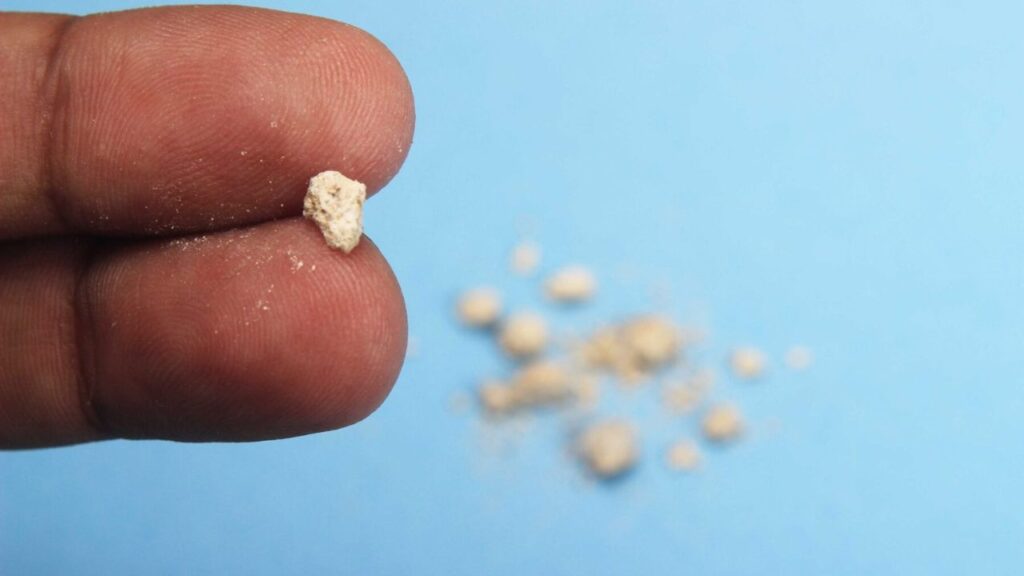
Here’s a list of possible signs:
- Sudden, sharp pain on either side of your lower back.
- Feeling a constant, dull pain that doesn’t go away.
- Blood in your pee, making it look pink, red, or brown.
- Feeling sick to your stomach or throwing up.
- Having chills or a fever (often a sign of an infection).
- Pee that smells bad or looks cloudy.
Smaller kidney stones might pass through your pee system without causing much trouble. Bigger stones can block your pee flow and cause a lot of pain.
What causes kidney stones?
Thinking, “How do I get kidney stones in the first place?” It all depends on what’s in your pee. Stones usually form when certain chemicals get too concentrated and turn into crystals.
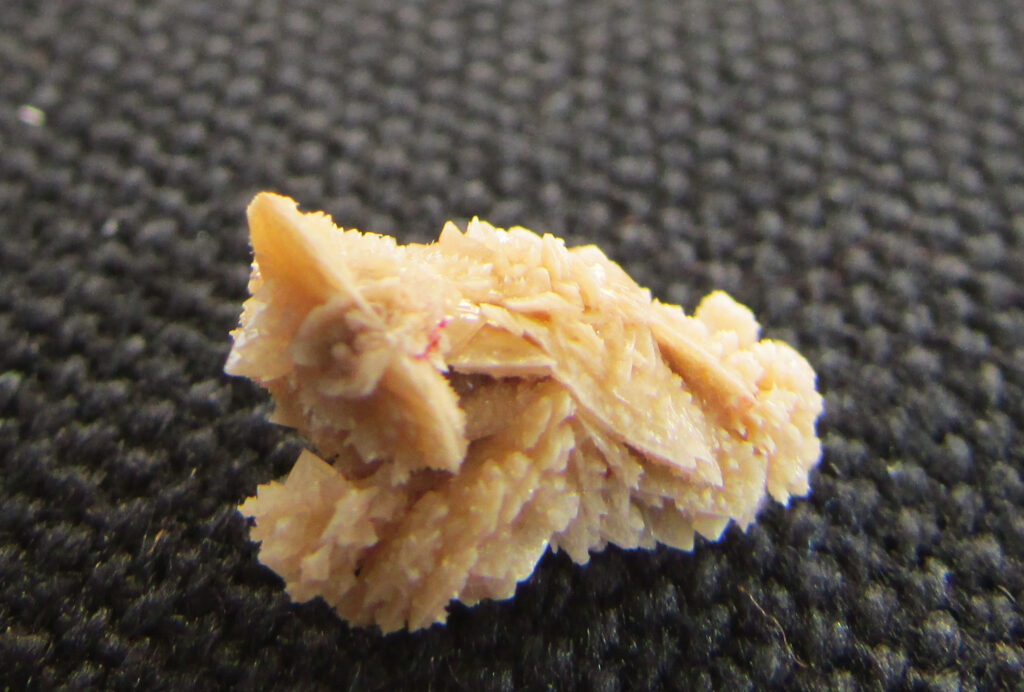
Here are some common things that can make you more likely to get them:
- Not drinking enough water (dehydration).
- Eating a lot of salt, sugar, or protein.
- Eating too much fructose, which is often found in sodas and processed foods.
- Being very overweight or having big changes in your weight.
- Having family history who get kidney stones.
- Other health problems like high blood pressure and diabetes.
Certain foods, like organ meats, shellfish, and salty snacks, can also make it more likely for stones to form. When you eat a lot of these, your body might make more of the stuff that forms stones, like oxalate, uric acid, or calcium phosphate.
Types of kidney stones
Not all kidney stones are the same! Here’s a quick look at the different kinds:
Calcium Oxalate Stones
The most common kind. They form when calcium mixes with oxalate in your pee. Things that make you more likely to get them include not getting enough calcium and being dehydrated.
Uric Acid Stones
Often caused by eating foods with a lot of purines, like red meat and shellfish. These stones are more common in people whose family members get stones.
Struvite Stones
Form because of infections in the upper part of your pee system. Less common but can grow big quickly.
Cystine Stones
A rare kind that tends to run in families. Caused by a health problem you get from your parents that leads to a buildup of cystine in your pee.
Understanding what kind of stone you have is important because it helps decide the best ways to prevent and treat them.
How are kidney stones treated?
Small Stones (Often Less Than 5mm):
These might pass on their own if you drink more fluids. You’ll need to drink enough water to keep your pee clear or light yellow.
Over-the counter pain medicines, like ibuprofen or acetaminophen, can help with the pain while the stone passes.
Larger Stones or Problems:
Shock-Wave Lithotripsy (SWL):
This treatment doesn’t involve surgery and uses sound waves to break the stones into smaller pieces, making them easier to pass.
Ureteroscopy:
A thin tube with a camera is put into the tube that carries pee to either take out or break up the stone.
Percutaneous Nephrolithotomy:
For big or complicated stones, surgeons remove them through a small cut in your back.
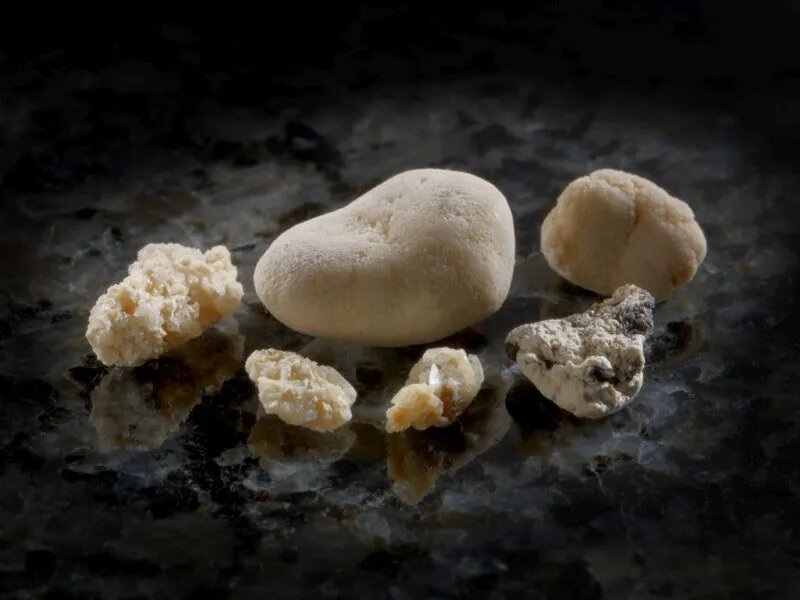
What if you think you have a stone right now?
See a doctor as soon as you can. They might suggest imaging tests like a CT scan or X-ray to make sure it’s a kidney stone and decide the best way to treat it. If you pass a stone, save a piece of it so it can be tested. This helps your doctor figure out why it formed and how to stop future ones.
How to prevent kidney stones
The best way to deal with kidney stones? Don’t get them in the first place! Here’s how:
Drink More Water
- Try to drink at least 12 glasses of water a day.
- Keep an eye on your pee color. Light yellow or clear means you’re drinking enough.
Limit Salt Intake
- Foods like packaged meals, salty snacks, and processed meats can increase the amount of sodium in your body, which can lead to stone formation.
Eat a Balanced Diet
- Eat more fruits and vegetables to make your pee less acidic.
- Cut back on sugary drinks and foods high in fructose like soda and candy.
Don’t Avoid Calcium
- While some stones have calcium, eating calcium-rich foods like dairy can actually help prevent stones by binding with oxalate before it reaches your kidneys.
Maintain a Healthy Weight
Crash diets and eating too much protein can increase your risk of stones. Stick to a balanced diet, and talk to a dietitian for a safe plan to manage your weight.
Exercise Moderately
Both too much and too little exercise can increase your risk, so aim for a balanced fitness routine.
Do supplements or herbs help?
There’s not enough scientific proof that supplements can prevent kidney stones. Always talk to a doctor before trying herbal remedies.
Why kidney stones matter
Kidney stones aren’t just a painful inconvenience. If they’re not treated, they can increase your risk of getting chronic kidney disease. Plus, if you’ve had one stone before, you have a 50% chance of getting another one within 5–7 years. Preventing them and finding them early is important.
Final thoughts on kidney stones
Kidney stones might be small, but they can cause big problems. By understanding the signs, causes, and treatments, you can take care of your health and prevent future stones from forming. If you’re having any signs of kidney stones, don’t wait to see a doctor.
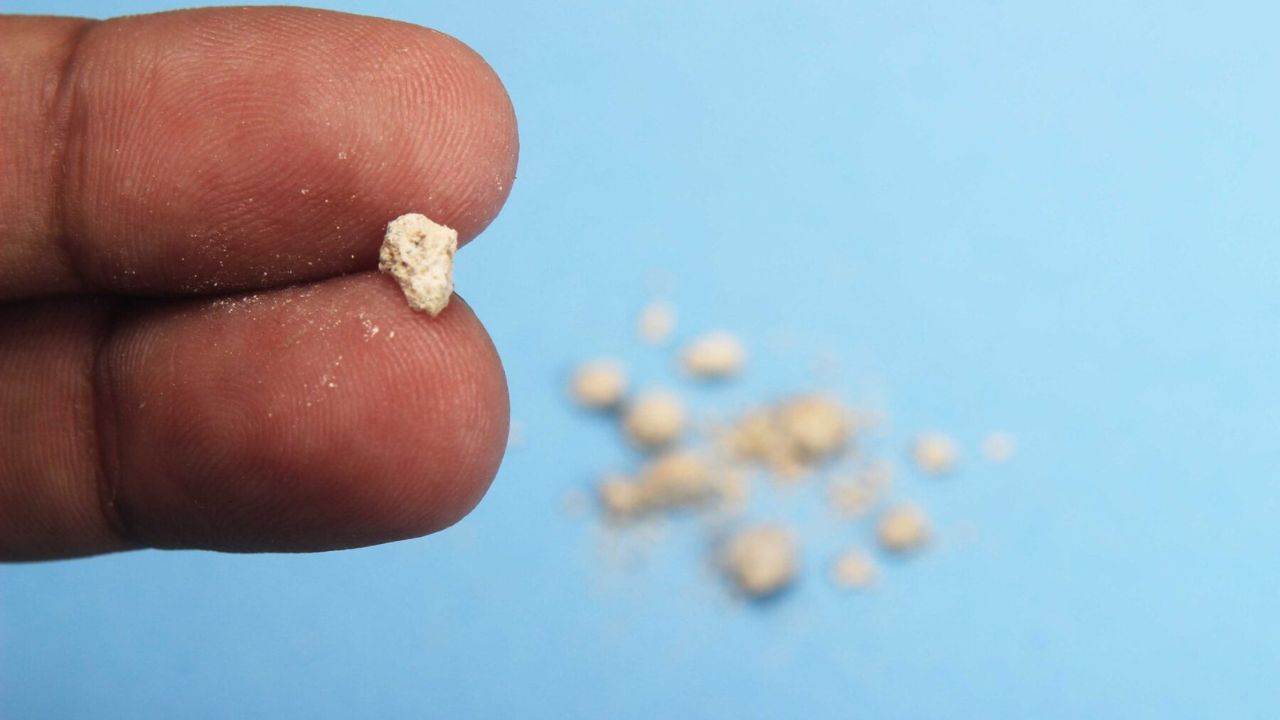
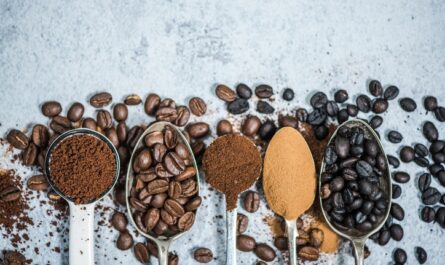
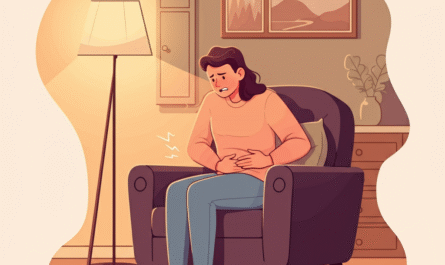
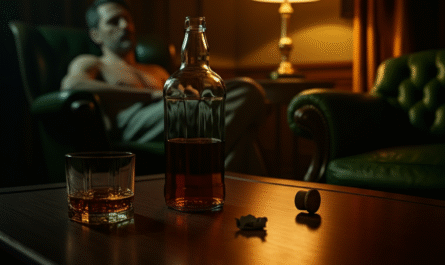
One thought on “Kidney Stones: Symptoms, Causes, Treatment, Types & Prevention”